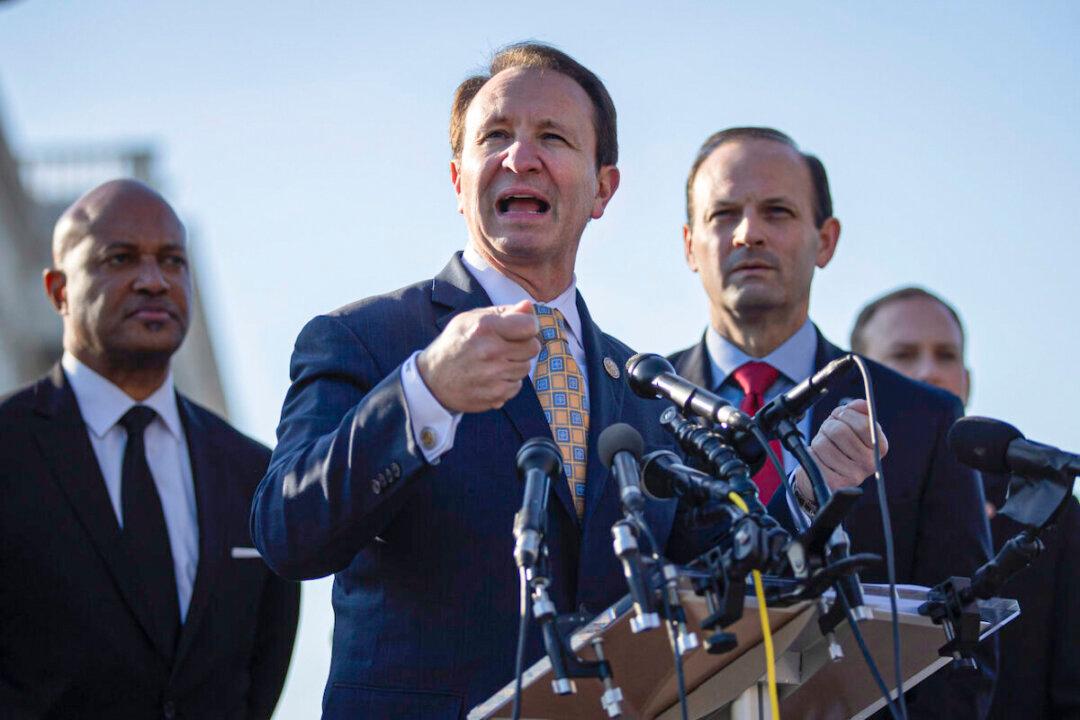Louisiana may enforce a near-total ban on abortions after a state judge refused to extend an injunction, allowing the state’s so-called abortion trigger law to go into effect on July 8.
The ruling came the same day as President Joe Biden signed an executive order designed to protect access to abortion-inducing pills and emergency contraception. It also came amid a flurry of litigation nationwide two weeks after the U.S. Supreme Court voted to overturn Roe v. Wade, the seminal 1973 precedent that overturned state laws and legalized abortion in the United States.





